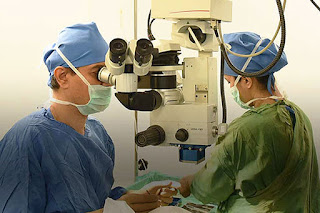All you need to know about squint eyes - Lasikindia
Squints are more common in children– approximately 1 in 20 children suffer from this. It usually develops before a child becomes 5 years of age, but can appear in adulthood as well. Note: It is not necessary that all squint patients experience misalignment throughout the day—many a times patients suffer from squint conditions for certain parts of the day and have normal eyesight for the remaining part of the day. What causes squint? Acquired squint is caused when the eye tries to overcome certain vision problems like refractive errors, mainly Myopia (short-sightedness) Hyperopia (far-sightedness) Astigmatism (blurred vision) Congenital squint is caused due to Weakened eye muscles or abnormal eye nerve impulses to the eye, or Hereditary causes In rare cases, other causes that may also result in squinted eyes are Childhood illnesses, for instance, viral infections such as measles Certain genetic conditions such as Noonan’s or Down’s syndrome Hydrocephalus, which is cau...
